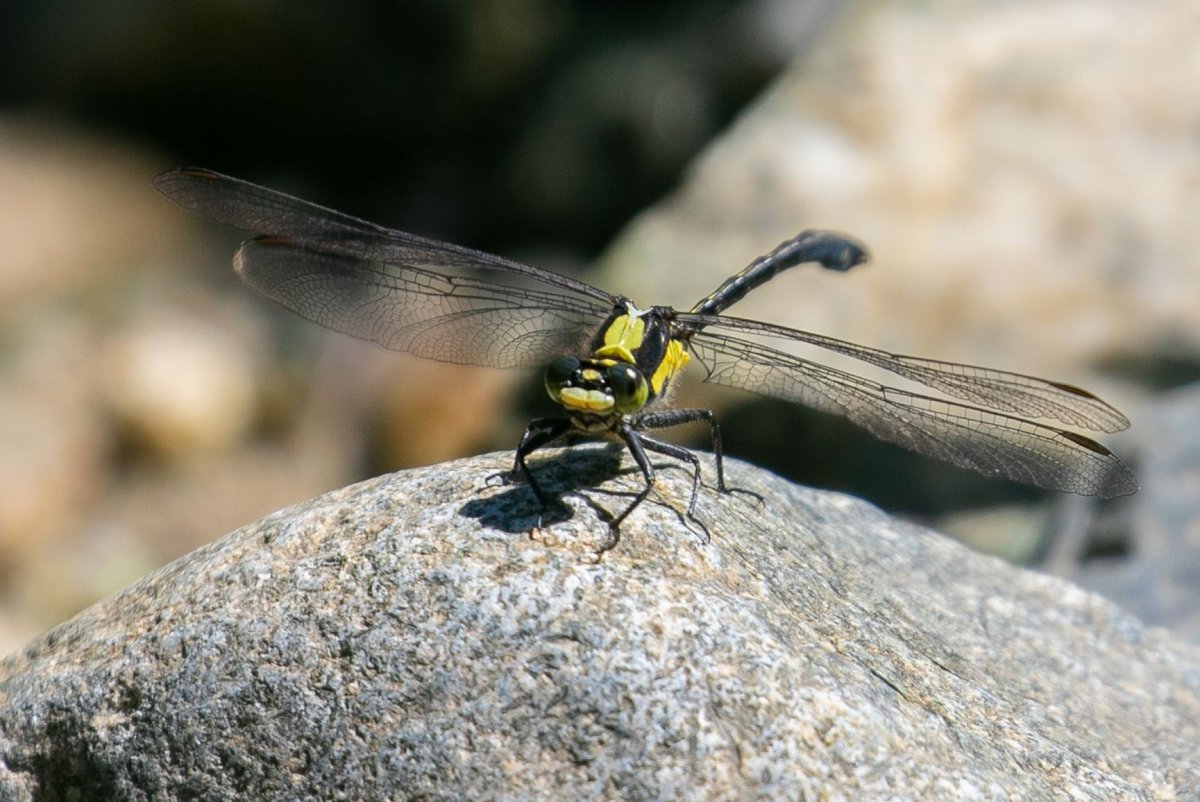A dragonfly that has not been seen in B.C. for 40 years is just one of the discoveries made by citizen scientists over the summer, as part of a major effort to catalogue the province’s plants and animals.

The rare Grappletail Dragonfly was spotted during a hike in July in Davis Lake Provincial Park near Mission. This dragonfly is ‘red-listed’ on the B.C. Conservation Data Centre’s list, which means many believed the species had gone extinct.
But thanks to a local resident out on a hike, B.C.’s scientists now know that a small swarm of the dragonfly exists in this part of the province.
With many people spending more time outdoors due to the COVID-19 pandemic, the BC Parks Foundation launched B.C.’s Big Nature Challenge in which the public is encouraged to help log and identify plants, animals, insects and fungi. So far, almost one million photos have been uploaded.


Get daily National news
Participants are asked to take photos of anything they see or might not be able to identify, and then upload the image to a corresponding app through a phone or desktop computer. The iNaturalist app is used to upload photos of plants and flowers, the eBird app for birds, and the WhaleReport app for whales.
“B.C.’s natural wealth includes some of the richest diversity of life on the planet, including species not found anywhere else on earth, so it’s fitting that we show leadership to the world,” Andy Day, CEO of the BC Parks Foundation, said in a release.
If B.C. can reach one million observations, Day said the achievement could be used to inspire the world at the United Nations Convention on Biodiversity in 2021.
Data from the challenge will help land and wildlife managers to make decisions, the foundation said, and potentially be used with satellite imagery and other technology to help understand and protect the natural world.





Comments